 Field Kindley
Field Kindley
Gender: Male
 Field Kindley
Field Kindley
Kindley, Field Eugene
King, Albert
aka: Albert Nelson
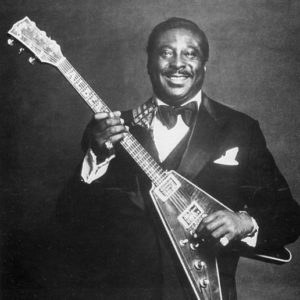 Albert King
Albert King
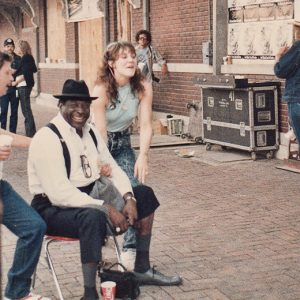 Albert King
Albert King
King, Frank (Lynching of)
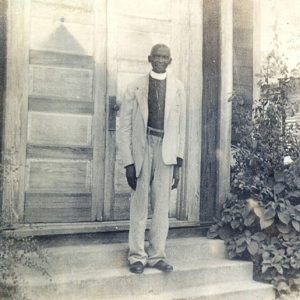 Rev. J. H. King
Rev. J. H. King
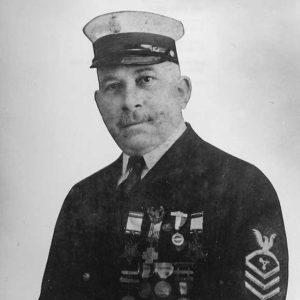 John King
John King
King, John
 Kirby Campaign
Kirby Campaign
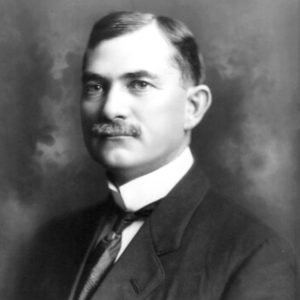 William Kirby
William Kirby
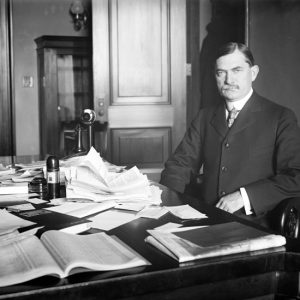 William Kirby
William Kirby
Kirby, William Fosgate
Kirkendall, Mose (Lynching of)
Kirkland, John (Lynching of)
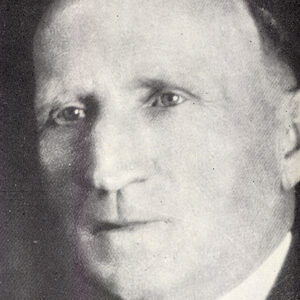 Wade H. Kitchens
Wade H. Kitchens
Kitchens, Wade Hampton
Kitts, James (Execution of)
 KKK in Cabot
KKK in Cabot
 Joe Kleine
Joe Kleine
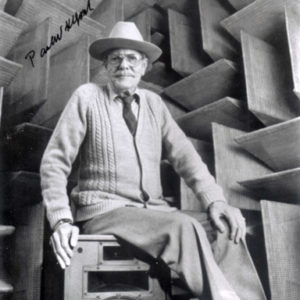 Paul Klipsch
Paul Klipsch
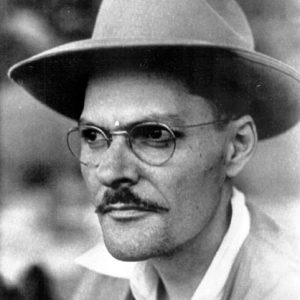 Paul Klipsch
Paul Klipsch
Klipsch, Paul Wilbur
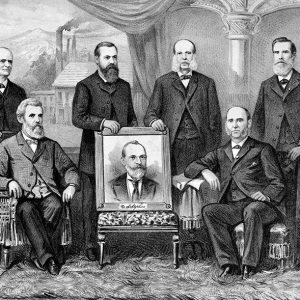 Knights of Labor Founders
Knights of Labor Founders
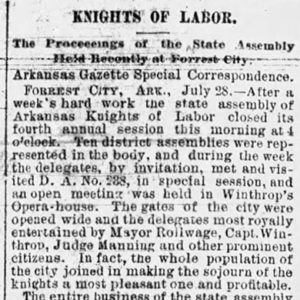 Knights of Labor Story
Knights of Labor Story
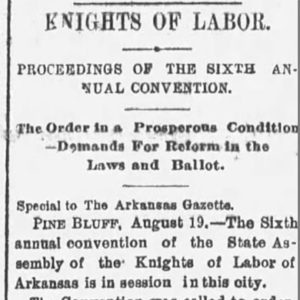 Knights of Labor Story
Knights of Labor Story
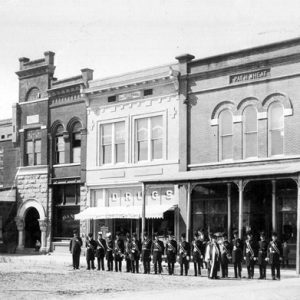 Knights Templars
Knights Templars
Knox, Robert C.
Kochel, Guy Ward, Jr.
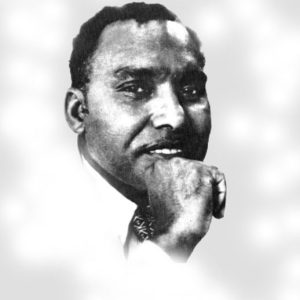 Samuel Kountz
Samuel Kountz
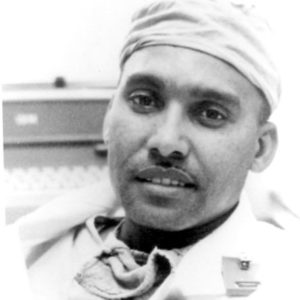 Sam Kountz
Sam Kountz
Kountz, Samuel Lee, Jr.
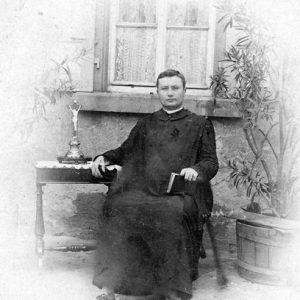 Fintan Kraemer
Fintan Kraemer
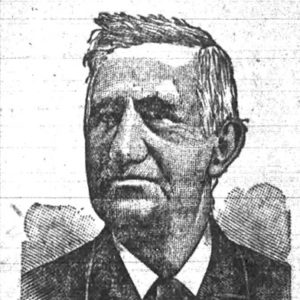 Frederick Kramer
Frederick Kramer
Kramer, Frederick
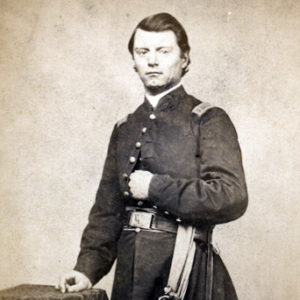 William Kretsinger
William Kretsinger
Krieger, Heinrich
Kumpe, Roy Franklin
Kumpuris, Michael Nicholas (Mike), Jr.
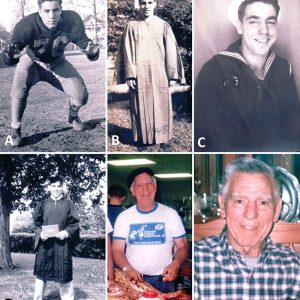 Mike Kumpuris
Mike Kumpuris
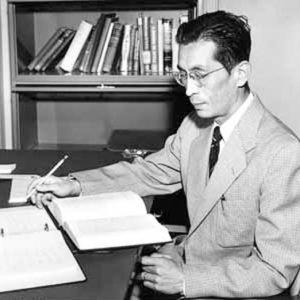 Paul Kuroda
Paul Kuroda
Kuroda, Paul Kazuo
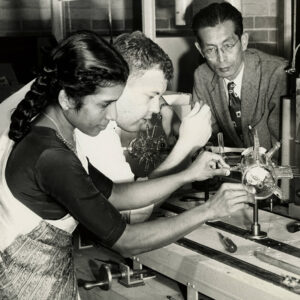 Paul Kuroda with Students
Paul Kuroda with Students
Kurosaki, Ryan
 Ryan Kurosaki
Ryan Kurosaki
La Harpe, Jean-Baptiste Bénard de
La Salle, René-Robert Cavelier, Sieur de
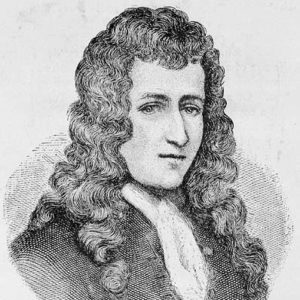 René-Robert Cavelier, Sieur de La Salle
René-Robert Cavelier, Sieur de La Salle
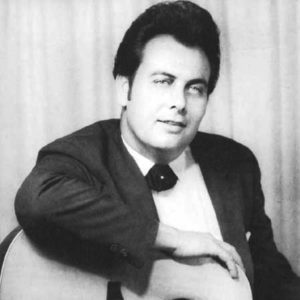 Sleepy LaBeef
Sleepy LaBeef
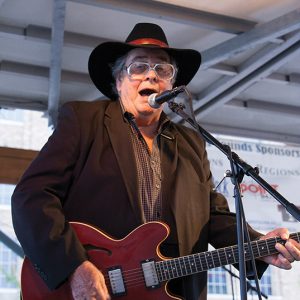 Sleepy LaBeef
Sleepy LaBeef




